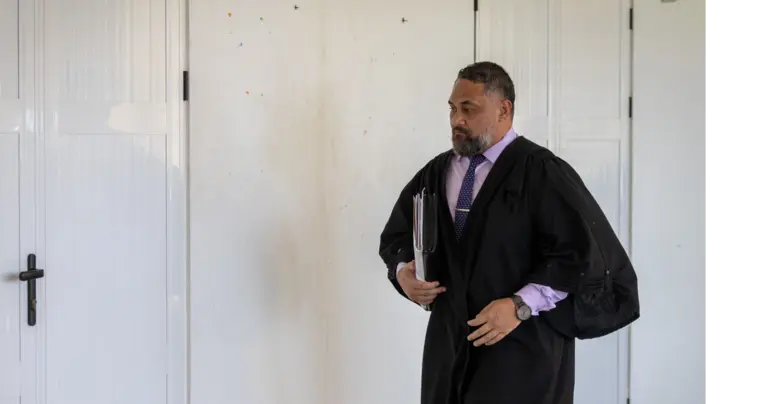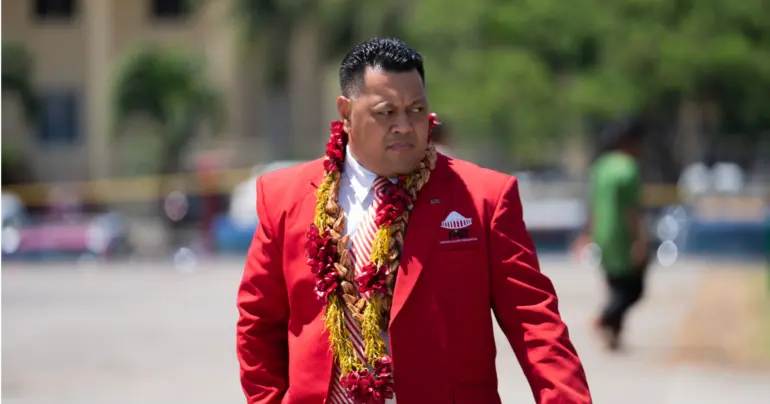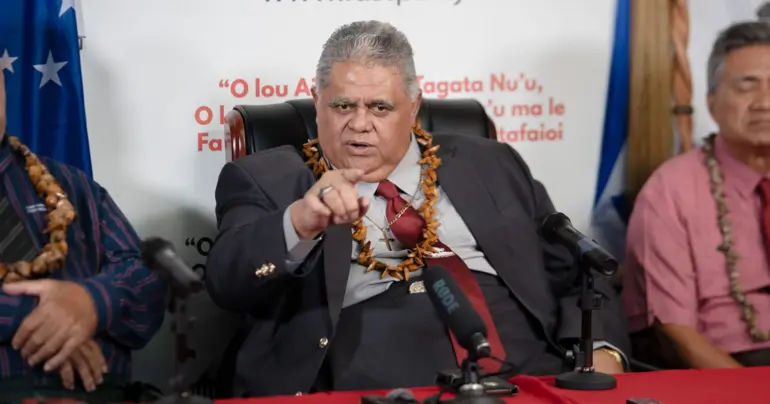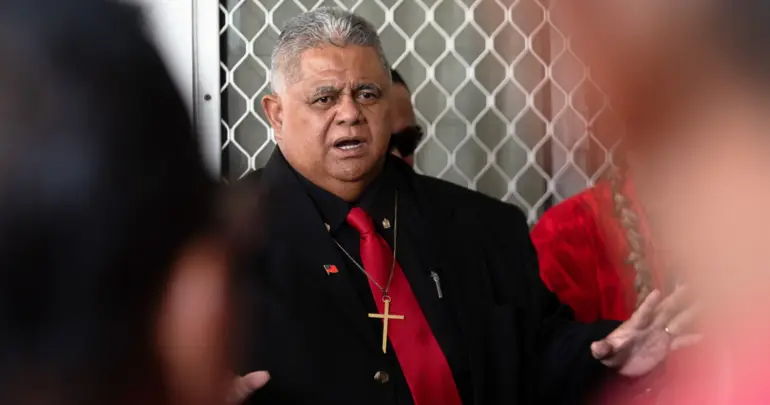Slow progress against domestic violence
 By Adel Fruean
•
15 August 2021, 12:00AM
By Adel Fruean
•
15 August 2021, 12:00AM
Progress in eliminating violence against women and girls in Samoa remains slow, a new report by the United Nations has found.
This was confirmed by the United Nations’ Resident Coordinator, Simona Marinescu in an interview with the Samoa Observer.
She made the comments in reference to the Spotlight Initiative - a global project to end violence against women and girls, which has been funded with €3.5 million ($10.6 million) with the aim of eliminating gendered violence altogether.
The initiative is a global, multi-year partnership between the European Union and the United Nations to eliminate all forms of violence against women and girls.
It was launched with a seed funding commitment of €500 million from the European Union, the Pacific region has one regional programme and four country programmes of which Samoa is one of them that has received US $4.3 million under the Spotlight Initiative’s €50 million envelope for the Pacific region.
“We are in a mid-term review of our programme; spotlight is a three year initiative that is divided in two phases,” she said.
She explained that phase one has gone well in terms of what they wanted to do, “it is a revision of policies as also developing this national prevention framework.”
“Working with civil societies to identify their gaps, looking into the standards of the services they provide because you need to know what to do when you deal with people who are victims of violence.
“Changing minds is the most difficult thing to change and we need to be systematic in this effort.
“We have over US $4 million for this programme, 40 per cent of the funds need to go through civil society to make that change at the community level, deep at the family level.
“And the rest is to look into changing legislation, policy, creating institutions strengthening against standards, quality standards in service delivery.”
The U.N. Resident Coordinator said that she had the opportunity to speak with the civil society on human rights.
“I had discussions with which we learned that progress remains slow and we spoke with the Samoa Victim Support Group, who actually made it very clear that sometimes they see numbers declining but high year level of physical harm that women and girls experience and children more broadly.
“There is a demographic and health survey that was conducted by the Samoa Bureau of Statistics with United Nations Children's Fund (U.N.I.C.E.F.) and United Nations Population Fund (U.N.F.P.A.) released last year.
“It covered 2019 and 2020 that practically identified that 90 per cent of the children of this country have been exposed to harm with different forms of punishment. There is a high rate of harm people generate to one another in the family that we hope will gradually disappear.”
She said that, “we understand that the triggers are related to the hardship of life, there’s a lot of stress that families deal with.”
However, their aim is to promote better relationships in the family and in the community and ensure people understand that we are all born with equal rights, men and women.
“A relationship is much more enjoyable, likely to enable good children to be raised and it’s obviously more conducive to prosperity and to stability in the community: so those are the objectives behind what we are doing in domestic violence.
“Overall, we think that at this point in time there is awareness in the country in regards human rights and women and girls’ rights.
“Almost everybody knows that there is domestic violence in this country and that comes with a social economic cost and development partners work on that with the purpose to eliminate violence.
“We also believe that we have achieved a lot in the engagement of the civil society – we have a civil society national reference group that has ten members representing the civil society who are helping us a lot.”
She said that the reference group also has a role in bringing more civil society into the spotlight initiative and identifying gaps.
“However, there is still domestic violence so that’s the problem. We would like to understand what kind of messages would make people more sensitive to the whole issue and more likely to change behavior.
“This is a heavily loaded cultural programme, culture is an important lens through which we need to tailor the interventions, and it’s not working the same way as you would deal with domestic violence in Africa for instance or in Asia.
“The Pacific is very specific in that regard, the way the family is structured, the intergenerational issues are dealt with, the gender aspects as well.”
She also mentioned that, “for us, organisations like ADRA or any civil society organisations we are working with are extremely important to translate for us the messages we want to convey in something that is understandable and culturally acceptable in Samoa.”
“We community organisations, faith-based organisations, churches are represented in almost everything we are doing.
“We had a full week of consultations, community dialogues on the national prevention framework in which churches were in the room.
“At this point in time, one would expect that the numbers went down, I remember in 2020 when looking into the impact of COVID-19 with the administrative data collected by the Ministry of Police by their domestic violence Unit we concluded that it was a 30 something per cent increase in the number of cases.”
She believes that there is no administrative intervention that would sort out the issue unless people themselves understand the importance of a pleasant atmosphere at home.
“The absence of money and the issues that come with no job, health problems, no food, all sorts of other factors of stress could not be addressed through necessarily policy and law alone.
“There should be ultimately more education starting with young kids and continuing with young adults as to what living together is about and how equal we are and how important it is to have respect for one another.
“We understand that while we are not perfect, we can achieve a lot together.”
Culture should not be used as an excuse for harming others or violence in any form, she said.
The Spotlight Initiative's focus for the Pacific Region, including Samoa, is domestic violence and Intimate Partner Violence.
The Spotlight Initiative places an emphasis on the role, leadership and engagement of civil society organisations to leverage the Government ongoing efforts in soliciting people’s commitment to address domestic violence or intimate partner violence.
 By Adel Fruean
•
15 August 2021, 12:00AM
By Adel Fruean
•
15 August 2021, 12:00AM











